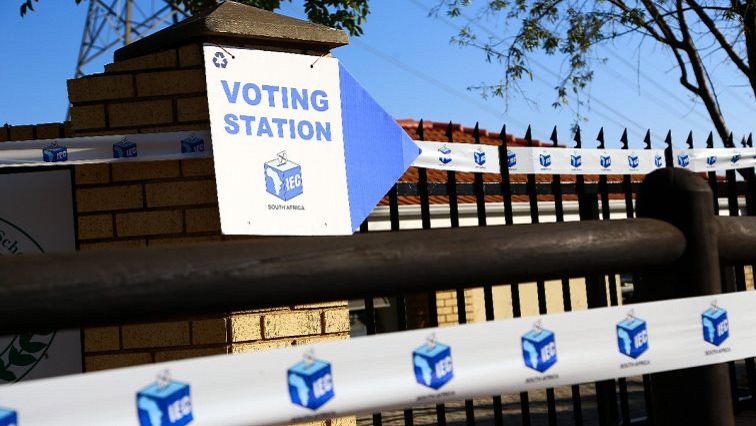The Human Sciences Research Council (HSRC) warns that the number of South Africans who believe that democracy no longer matters is on the increase.
The HSRC has unpacked the findings of a series of surveys on voter attitudes and behaviour around elections since 1998.
The trends are hoped to assist the Independent Electoral Commission (IEC) in its work.
These have been presented at a seminar in Durban.
The HSRC’s Dr Ben Roberts says the increase in the number of people who have lost confidence in democracy is driven by the feeling that the standard of living is decreasing.
This is coupled with feelings of little hope that levels of crime, corruption, poor service delivery and unemployment are likely to improve.
Roberts says while 59% of people surveyed still feel it is their duty to vote, the number of people who feel that democracy does not matter anymore, has increased over the past five years, to 35% in KwaZulu-Natal.
“So again, just to state, the duty to vote is probably the lynch pin. The thing that is holding things together at a moderately high turnout level in the province. If we see that break down, we might see a real shift in citizen norms. And it will take a character in particularly younger voters in KwaZulu-Natal or younger members of the voting age public in KwaZulu-Natal. They’ll switch away, we’ve seen strong concepts of loyalism and duty is in place in KwaZulu-Natal but that can change very quickly and be replaced by a new form of political norm that doesn’t necessarily involve the ballot box.”
Director at the Centre for Community Development Msizi Khumalo says their work confirms these findings, that people feel that those elected to office are not accountable.
“We always say people they always chant that slogan: Amandla! and then they say … Awethu. And then they don’t receive that in their heart that the power is always relying on them on the things to change and all the aspects of things to change. We conduct monthly civic education where we try to make people understand on that power that they have.”
Another HSRC researcher, Samela Mtyingizane adds that the lack of trust in Parliament, the national government and local government, also erodes people’s trust in the IEC.
“It goes back to these three figures here. Trust in national government, trust in Parliament, trust in local government. And then the IEC takes the brunt. And then as soon as people lose trust in these three institutions or the major institutions in the country, the IEC is affected as well even though it is not part of government per se, or part of the local government etc etc. So, basically what this means is that if citizens trust the government they’re bound trust the IEC as well.”
Meanwhile, Roberts says it is critical to get more young first time voters onboard.
“They have a culture of voting. Once you’ve voted, you have a tendency to vote again. If you don’t have that first electoral experience, you don’t have that memory, that institutionalised memory to draw on, that thing that would inspire you to come out again. And that’s why it matters fundamentally. So what is the recommendation. The Electoral Commission can’t do much to change the political mood in the country. But it can emphasize key messages about the importance of voting, so shoring up that sense of ‘my vote makes a difference’, that internal political efficacy.”
KwaZulu-Natal electoral officer Ntombifuthi Masinga says an overhaul of the entire electoral system is being planned between 2024 and 2029.

